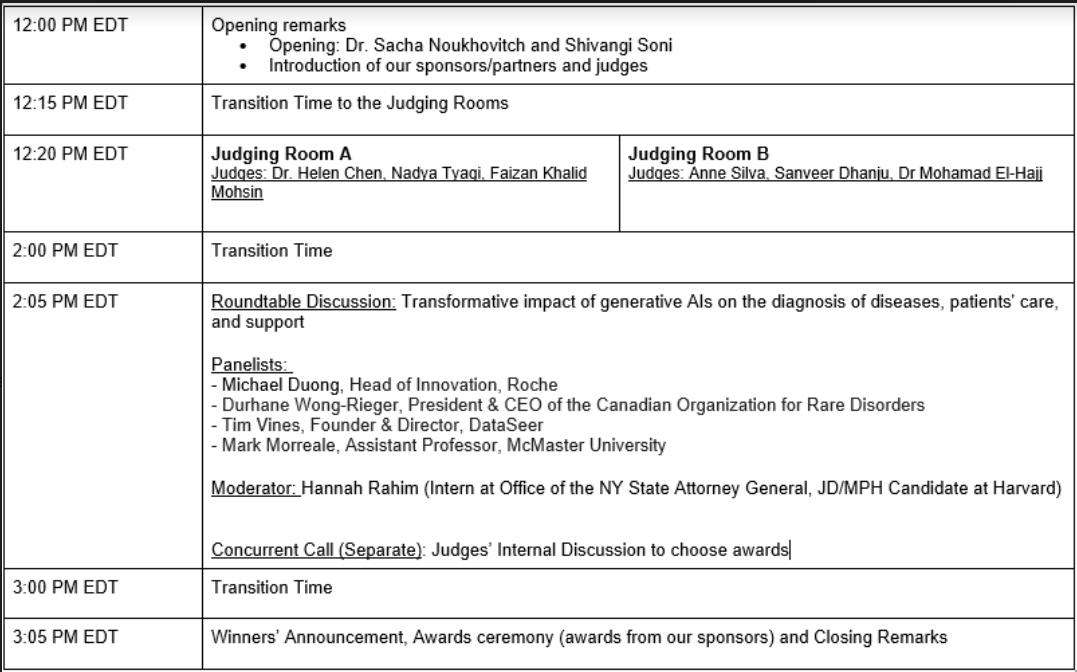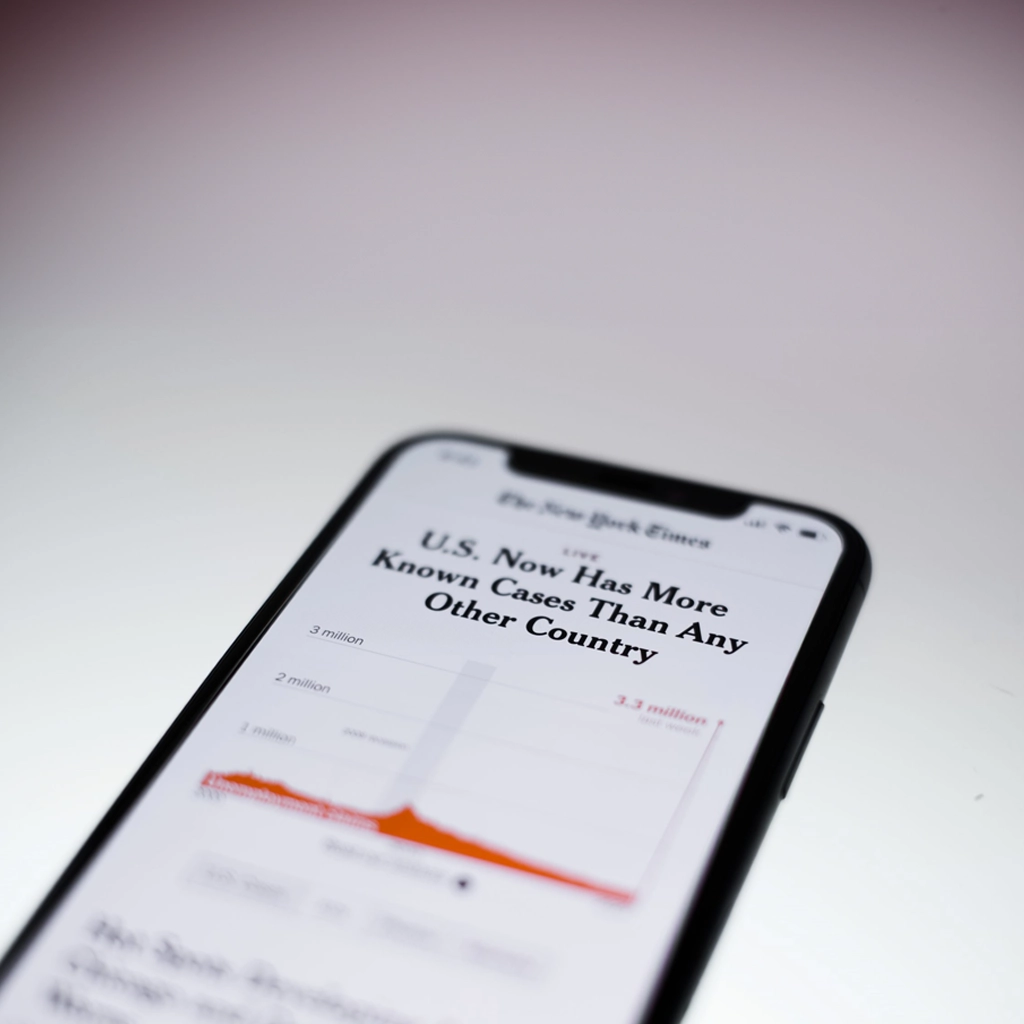




“More than three million Canadians living with a rare disease have the added heartache of knowing that they, or their child, were diagnosed too late or didn’t get the specialist care they needed to avoid irreparable harm or disability.” National survey by Ipsos Canada, commissioned by the Canadian Organization for Rare Disorders (CORD)
Advancements in artificial intelligence (AI) and machine learning (ML) approaches are creating new avenues in understanding diseases and treatments. Open Data pertaining to patients’ treatment, social, economic, and/or geo ecological situation analyzed with AI can be used to gain insights to improve general public awareness of diseases and healthy lifestyle as well as cooperation between patients and medical professionals. Additionally, health information acquired with Generative AI can enable empowerment of patients by providing them with a better understanding of their health conditions. Patients can actively participate in their healthcare journey, ask informed questions, and make more educated decisions about their treatment options.
We challenge students to use Open Data and Open Science in combination with computational thinking and machine learning to find and develop sustainable Big Data and AI solutions to enhance patients’ and healthcare practitioners’ use of Generative AI, empower the public to better understand diseases using AI, and equip them with the skills to ask more informed questions and collaborate effectively with healthcare professionals.
The Inter-University Big Data and AI Challenge (IUBDC) is not only a novel form of public research that taps into the previously underutilized expertise of young professionals but also an inquiry-driven, experiential learning program that invites students from any undergraduate or graduate program to apply data science and computational thinking to solve real-world issues. The IUBDC generates high-quality computational research and fosters innovative ideas to support and advance public health research.
How it Works
Teams of up to 5 students are each provided with datasets, workshops, learning resources, and tools for data analysis. It is recommended to make interdisciplinary teams to make most of this experience. Teams will present their research findings in the form of scientific manuscripts, competing for monetary and academic prizes, at the culminating finale event. The abstracts of all participating teams will be published in the open access, peer-reviewed NRC Research Press STEM Fellowship Journal. Finalists’ videos and manuscripts will be published with Underline. We also facilitate participants with preprint opportunities at JMIR Publications.
Exploring the relationship between Protein Expression in Cerebrospinal fluid and Parkinson’s Disease Progression using Machine Learning
Carlos Pariona, Fiorella Ojeda, Ariane Huaynate, and Anghelo Romero
Pontificia Universidad Catolica del Peru, Universidad Peruana Cayetano Heredia, and Universidad Nacional Mayor de San Marcos






